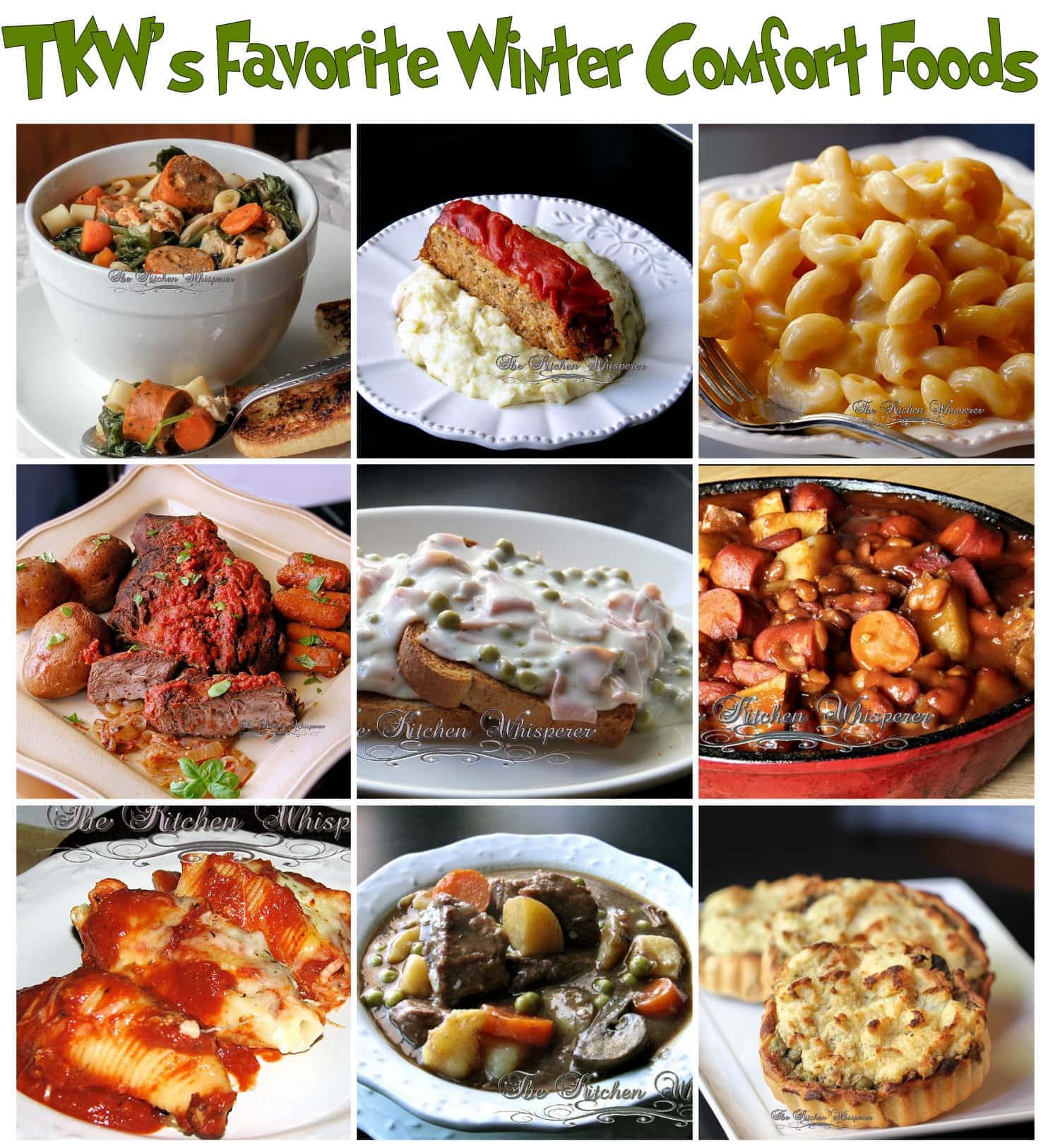A Yummy Guide to Winter Foods for Kids: What Parents Should Know
Hello to all the delightful parents out there looking to spice up the kitchens with winter-wonderful recipes! As the hearty winters roll around, does it not seem quite a challenging puzzle to figure out what nutritious and exciting meals to prepare for your little ones? Winter can be a magic time for food, so let’s unwrap this scrumptious journey together!
Aim for the Warm and Nutritious
Snow-capped trees and rosy-cheeked children playing might be the quintessential winter picture, but let’s ensure they are well-fed and healthy as well! Winter brings a host of fruits and veggies with a bundle of nutrients which are perfect for your children to ward off those winter chills.
Rooting for Root Vegetables
Winter is all about root vegetables! From beetroot to parsnips, sweet potatoes to turnips, they can be a robust addition to your little one’s diet. Packed with dietary fiber, vitamin A, vitamin C, potassium, and antioxidants, these root veggies are a health treasure chest, ready to tackle the winter season. Fear not, we’ve also got plenty of tasteful, kid-approved recipes to turn these nutritious veggies into dishes your kids will love!
The Fruitilicious Winter
Who says winter is all about vegetables? Raise the curtains for some splendid fruits as well!
Oranges: The Vitamin C Boost!
Oranges, indeed, are the poster child of Vitamin C. Having your little troops devour them will strengthen their immunity and keep them away from the common cold, a notorious winter guest. Moreover, oranges are pretty versatile! Juice them, put them in salads, bake them in cakes, or just eat them plain, they never disappoint.
Providing the best nutrition to your munchkins in the winter season has never been more exciting! But it’s not all about just recipes – our guide has tips and hacks for preparing these foods in the most child-friendly way possible.
Stay tuned to unveil more nutritious fruits and vegetables that winter has in store for your children. Let’s make winters flavorful, fun and healthy together!

Apples: An Apple a Day
Yes, that’s right! Apples are in season during wintertime, and they don’t just keep the doctor away. These deliciously crisp fruits are a great source of dietary fiber, Vitamin C, and antioxidants. As versatile as oranges, apples can fit in your kids’ diet as pies, cakes, salads, or simply as healthy snack bites.
Cooking Fun: Making Winter Foods Kid-Friendly
Your kitchen doesn’t have to be a battleground during winter. Make peace with kid-friendly winter foods. While the produce is ready to be served, your personal twist to these foods can skyrocket their popularity among your kiddos.
Creativity with Root Vegetables
Think apart from regular mashed potatoes. How about golden sweet potato fries, or a warm bowl of creamy carrot-parsnip soup? Or what about colorful beetroot chips, a sure winner in flavor and in health!
Fruit Allure: Delightful Recipes
Decorating the breakfast pancakes with apple or orange slices can make a regular breakfast an absolutely fun ordeal. And remember the old saying? “A dessert a day keeps the tantrums away!” Bake a fabulous apple crumble or an orange pound cake for a perfect winter dessert fix.
Wrap It Up
Embrace the winter season by warming up your children’s meals with winter’s freshest fruits and vegetables. The importance of nutrition can never be overemphasized, especially for growing kids. Hence, armed with this guide, you are all set to serve winter’s best bounty to your children.
As parents, let’s continue to explore and innovate together, making mealtime a fun time! And remember, in the end, it’s not just about filling their tummies, but also nourishing their bodies and fueling their curiosity for wholesome foods. So wrap up warmly and enjoy this winter food journey with your younglings. After all, good health and good times always go hand in hand. Happy winter cooking!
Preparing for Winter Foods: 5 Essential Tips for Parents
As winter looms, parents often wonder how to prepare foods that not only keep their little ones warm but also provide them with the nutrition they need. Here are the five key things all parents should know when preparing for winter foods.
1. Opt for Seasonal Produce
In winter, nature provides an array of nutrient-rich fruits and vegetables. Include seasonal produce like turnips, beetroot, broccoli, oranges, and apples in your child’s diet. Fresh and seasonal foods contain high nutrient content and help develop stronger immune systems.
2. Encourage Hydration
Children may not feel thirsty due to the cold weather, but hydration is essential in winter. Hearty homemade soups and warm fruit teas are excellent ways for keeping children hydrated while also providing them with essential nutrients.
3. Balance the Diet
Winter foods, although comforting, can be heavy and calorie-dense. Ensure that your child’s diet is balanced with a mix of proteins, carbohydrates, and healthy fats. Foods like oats, lentils, and lean meats are great to incorporate into their winter diet.
4. Kickstart the Day with a Warm Breakfast
Remember the old proverb – ‘breakfast is the most important meal of the day’. Warm breakfast items, like porridge or eggs, can provide a good start and keep the children warm and energized throughout the day.
5. Keep the Gut Healthy
Winter can be hard on children’s digestive systems. Probiotics found in yogurts or fermented foods can help maintain gut health and boost immunity during winter.
Preparing for winter foods can be a breeze if parents are equipped with the right information. Remember, the aim is not just to keep the kids warm, but also to provide them with wholesome, nutritious meals that support their overall development.
For more great articles please see here. For more information see here
Disclaimer
The articles available via our website provide general information only and we strongly urge readers to exercise caution and conduct their own thorough research and fact-checking. The information presented should not be taken as absolute truth, and, to the maximum extent permitted by law, we will not be held liable for any inaccuracies or errors in the content. It is essential for individuals to independently verify and validate the information before making any decisions or taking any actions based on the articles.




